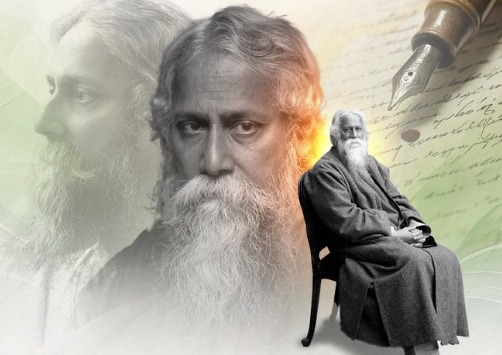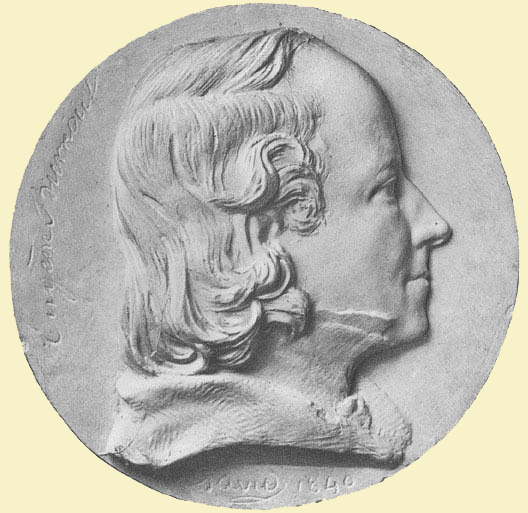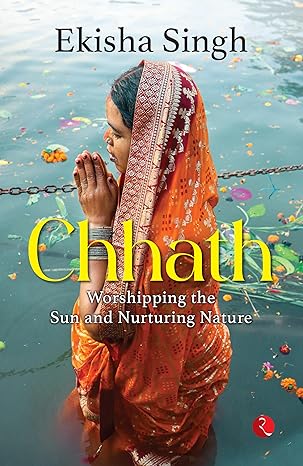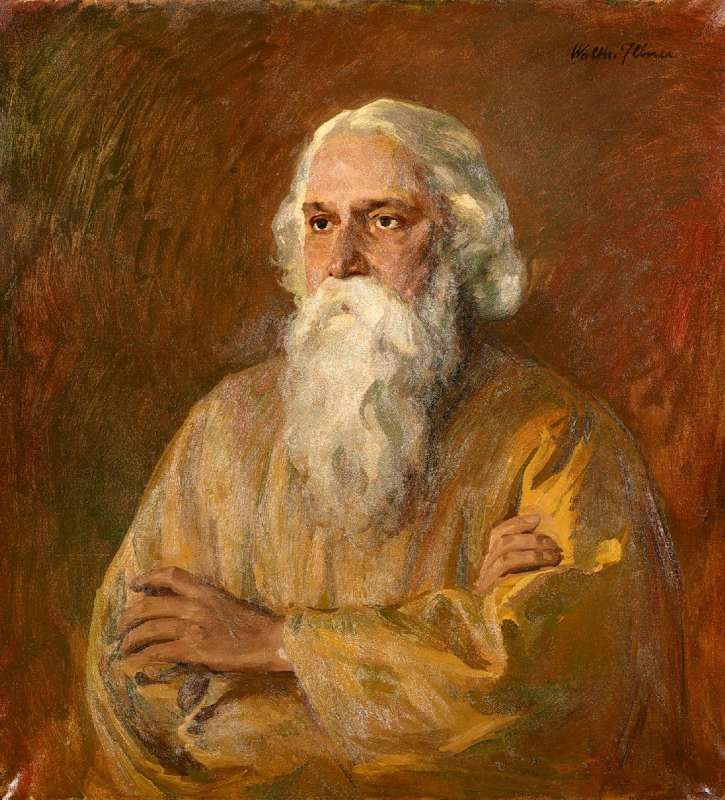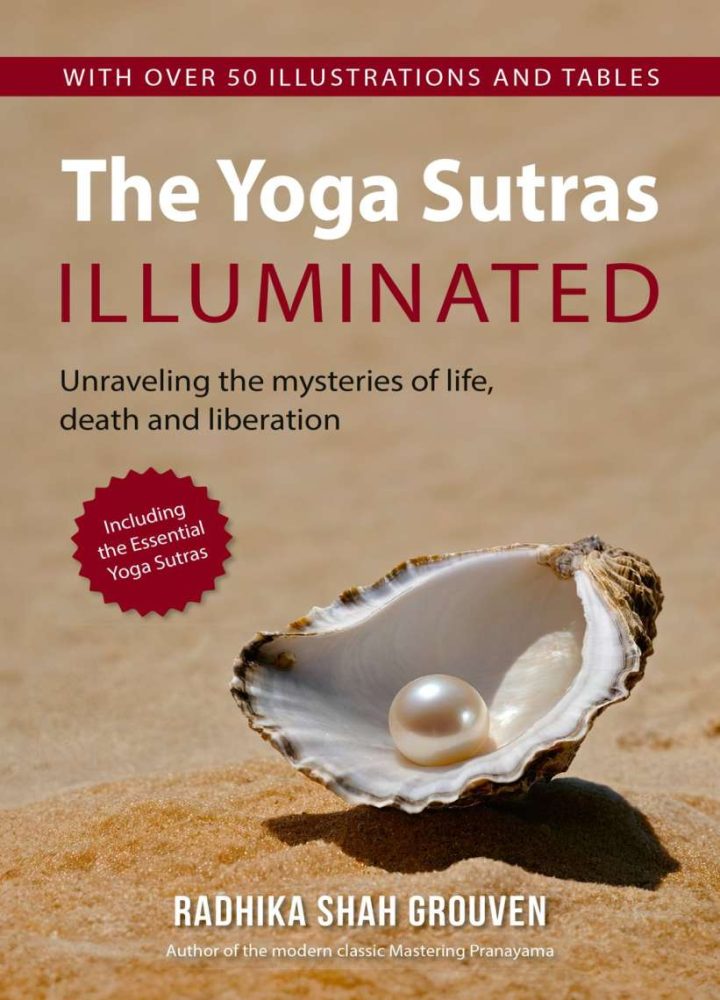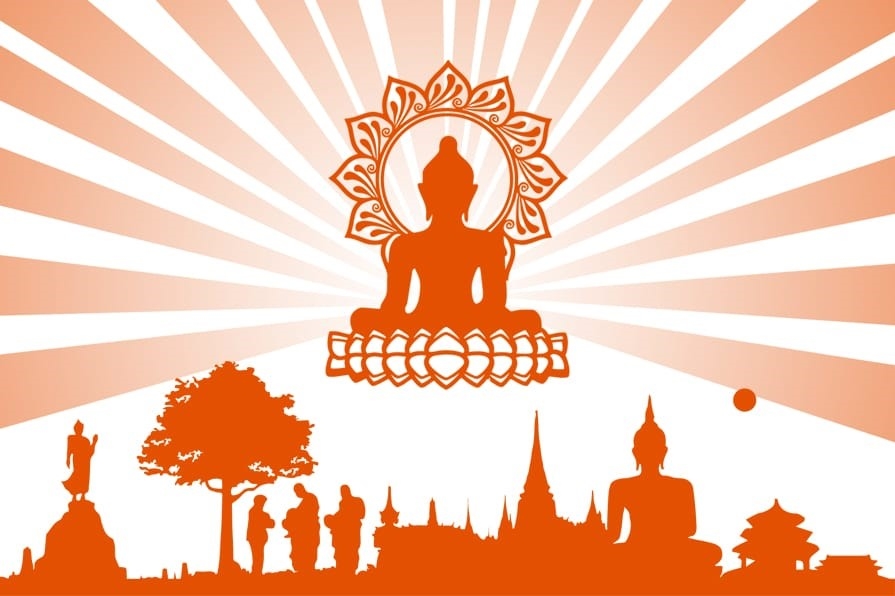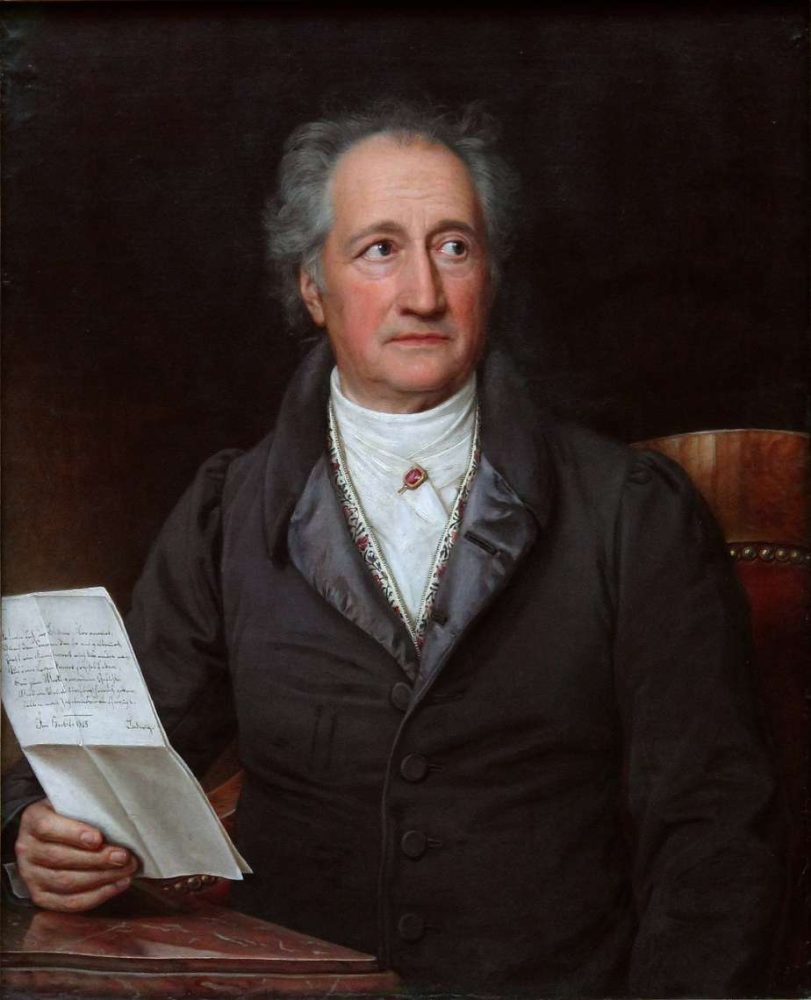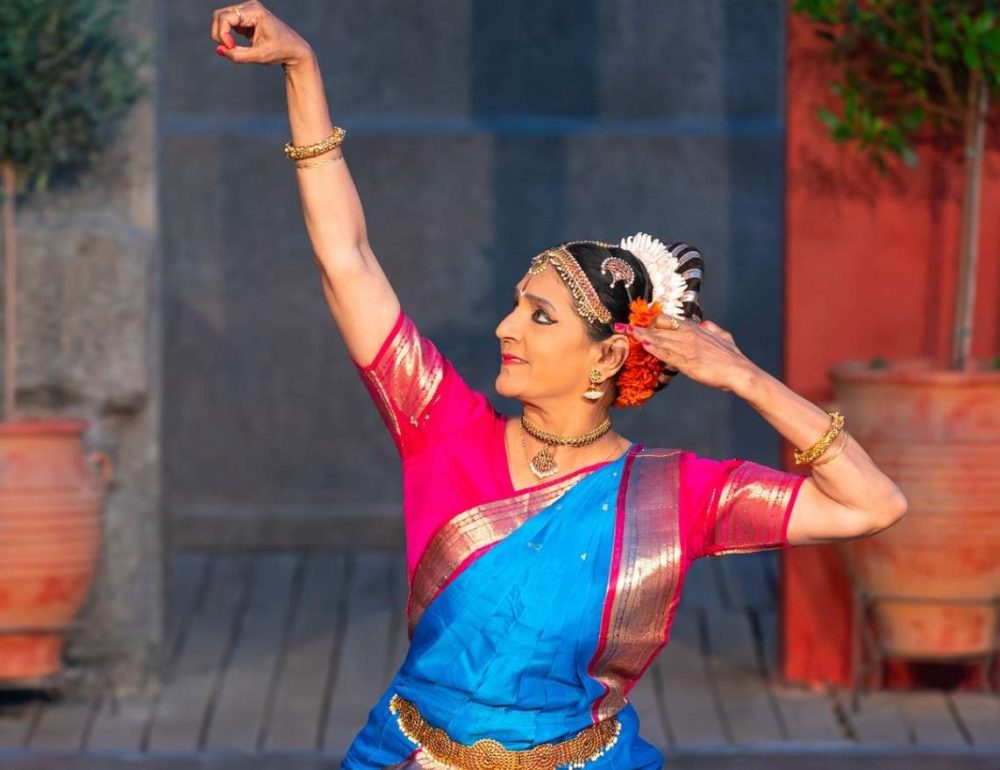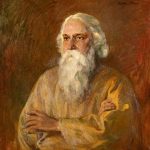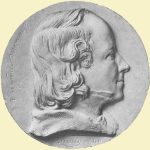By Dilip Roy FRAS
“A high level of intellect tends to make a man unsocial. “ (ARTHUR SCHOPENHAUER)
The Bengal Renaissance was a cultural, social, intellectual and artistic movement in the region of Bengal India in the late 18th to the early 20th century and at same time Germany was also going through similar transformation in various cultural fields. Indian period began with social reformer Rammohan Roy and literary giant Bankim Chatterjee and effectively ending with the demise of Movie Maestro Satyajit Ray in the mid twentieth century.
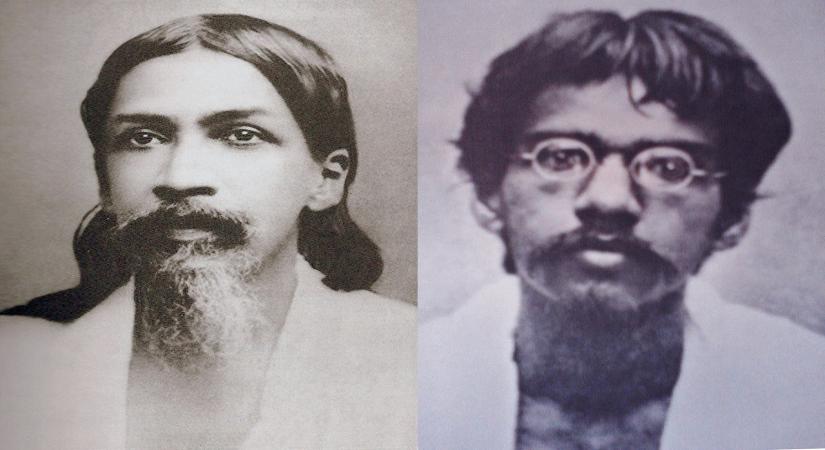
As regards Bengal, I have chosen three intellectuals namely Aurobindo, Tagore and Vivekananda. All three had one thing in common they were first and foremost, philosophers in their own right who were also the embodiment of the best of East and West. All three have travelled length and breadth of East and West spreading their message of Indian wisdom.
Aurobindo Ghose (1872-1950) Aurobindo Ghose also known as Sri Aurobindo, is often recognized as one of twentieth century India’s foremost philosophers, poets and spiritual figures. He came from a very affluent background of Bengal. At the age of seven he was sent to England for studies who later went to Cambridge and mastered European classical literature and languages. He returned to India at the age of 21 and soon mastered India’s anciant classical literature and languages as well. He became active in Indian independence movement and also became the editor of the Journal “Vande Mataram” until 1910, when he moved to Pondicherry to pursue his spiritual work. He proclaimed that the current human state of consciousness is merely a transitional state with endless potential for spiritual development and called for the integration of Eastern and Western cultural knowledge traditions. Aurobindo reconciled sevaral schools of Vedanta with its essential teachings of philosophical approach known as integral Yoga, to spiritual emphasis on knowledge/wisdom
His most notable prose works are “The Life Divine, Syntheses of Yoga, Essays on Gita and his poetic magnum opus called Savitri.”
Auroville is named after Sri Aurobindo which is located at Pondicherry in South India, devoted for furthering human evolution, peace and harmony students come from all over the world. The foundation was endorsed by UNESCO and the Govt. of India as a cultural heritage.
Rabindranath Tagore (1861-1941) Born in Calcutta was a polymath his reputation as a poet, musician, novelist and philosopher are well known he became the first Indian to win the Nobel prize in literature in 1913 and remains the only Indian to get the award so far and even in the twenty first century his popularity has not diminished like that of Richard Wagner a German polymath. The Tagore’s were the richest family of Bengal at the time and their contributions in arts and cultures are well known. Rabindranath was sent to England for studies and returned to India, becoming a prolific and highly influential wrter. Between 1893 and 1900 he composed several books of poetry and songs. Of particular importance is Tagore’s Geetanjali (Song Offerings) published in 1912 with his own translations in English and went on to win the Nobel prize in1913 and took the world by storm the international popularity was so great, that the book had to be reprinted several times in major European languages. Tagore’s ideology was based on the philosophy of Upanishads and Vedas.
However, between 1916 and 134 he undertook considerable international travel both East and West preaching Indian philosophy in various institutions and universities. In 1930 he met another Nobel laureate physicist Albert Einstein who became Tagore’s great admirer and their conversations on philosophy called “Religion of Man” was published in London in1931. Tagore founded Shantiniketan (Abode of Peace) in 1901 a school aimed to combine traditional Indian and modern Western education this became Vishva-Bharati University in 1924 and recently it has been recognized by UNESCO as a cultural heritage. Today Tagore’s popularity has outgrown both in East and West and is often referred as Shakespeare of India and his huge bust now graces the birth place of Shakespeare.
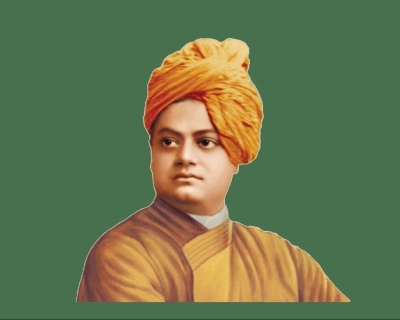
VIVEKANANDA born Narendranath Datta (1863-1902) born into an aristocratic family of Calcutta, he showed early interest in spirituality from 1889 Narendranath undertook pilgrimages across India thus becoming Swamy Vivekananda. By the end of 1892 he became convinced of the need to sanyasis to rise against the British India both materially and spiritually through service to humanity. The theme of Sanyasi rebellion is aptly depicted in Bankim Chandra’s novel Anandamath.
In 1893 he attended the World’s Parliament of Religions in Chicago USA it here he gave a thundering speech propagating Hindu philosophy and was received very well by the attendees. From here on he became a proponent of Hinduism and it is during this time, he developed the charachtristic philosophy of Advaita Vedanta and through his lectures and classes he founded The Vedanta Society in America and Western Europe. Apart from the movement he created, Vivekananda influenced the development of modern Yoga and other forms of alternative spirituality in the West thus combining Neo-Vedantic philosophy with Advaita Vedanta has become very popular among the Western thinkers. Vivekananda today is regarded as one of the greatest modern thinkers of the world who played a crucial role in the Hindu revivalist movement and was central to the rise and development of Indian nationalism in colonial India.
Vivekananda’s masterpiece work is a book called Karma Yoga and it’s teachings have become universal among his Western followers include Nobel laureate Romain Rolland who has written a definitive biography of Vivekananda who’s other admirers include philosophers Aldus Huxley and Christopher Isherwood who were influenced by Vivekananda’s Vedantic philosophy. The Vedanta Society of New York and Northern California was established in 1894 to promote Swami’s philosophy Vivekananda’s birth anniversary on 12th January is observed in India as National Youth Day.
“If I were asked under what sky the human has most fully developed some of it’s choicest gifts, has most deeply pondered on the greatest problems of life and has found solutions, I should point to INDIA.” (Friedrich Max-Muller 1823-1900 German Indologist and interpreter of RIG VEDA)
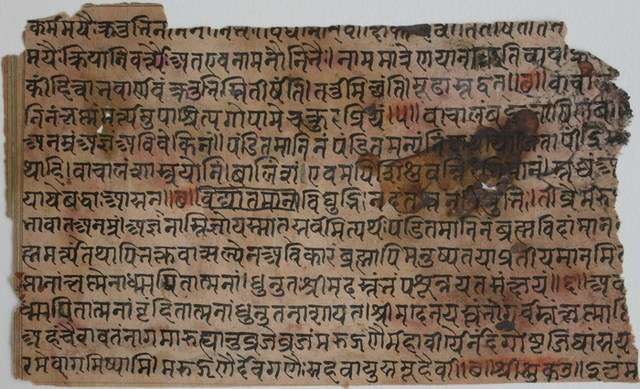
Dilip Roy’s intellectual interests are wide and varied, his book collection is well over five hundred covering Art, Architecture, History and Philosophy and some ancient books dating back to eighteenth and nineteenth century. Dilip Roy is also an avid collector Indian and European classical music his interest in European music include composers like Beethoven, Schubert and the Supremo Richard Wagner who’s complete operas in vinyl collection. Roy has a great admiration for German intellectuals of nineteenth century who has contributed through their work on Indian philosophy.
Dilip Roy is an elected Fellow of the Royal Asiatic Society of Great Britain and Ireland and was elected for his special interests in Indian arts and culture which the Society stands for.


